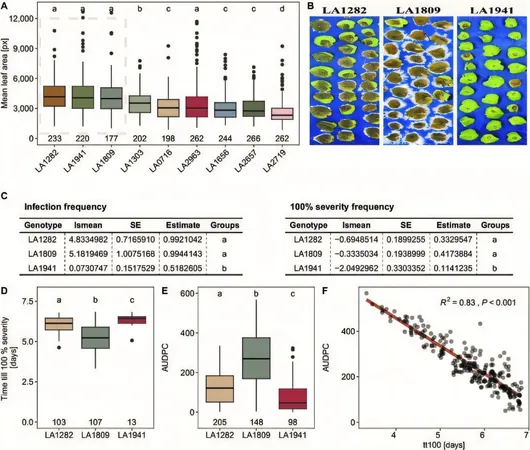
Spironolactone Revolutionizes Heart Failure Prevention Post-Heart Attack
2024-11-17
Author: Charlotte
Introduction
Recent findings from the CLEAR SYNERGY trial have introduced a potential game-changer in the world of cardiovascular health: spironolactone, a medication typically used to manage high blood pressure, shows promise in significantly reducing the risk of new or worsening heart failure among patients recovering from a heart attack. This groundbreaking research was unveiled at the American Heart Association’s Scientific Sessions 2024, held from November 16-18 in Chicago.
Study Details
In this extensive trial involving over 7,000 participants across 14 countries who had suffered severe heart attacks, the objective was to explore the benefits of using spironolactone routinely post-attack, regardless of the presence of previous heart failure. The results were promising; those treated with spironolactone exhibited a 31% lower risk of developing heart failure than those receiving a placebo. However, it’s important to note that the medication did not significantly alter the rates of death or incidence of heart attacks or strokes.
Mechanism of Action
Spironolactone functions as a mineralocorticoid receptor antagonist, effectively blocking certain hormones that can lead to increased blood pressure. The trial participants were divided into groups receiving spironolactone with either an anti-inflammatory drug called colchicine or a placebo, alongside other control groups receiving placebos. While high potassium levels were recorded in participants taking spironolactone — leading to a higher discontinuation rate of 28% — the overall data suggests that spironolactone may be a beneficial addition to recovery protocols for heart attack survivors.
Expert Opinion
Dr. Sanjit Jolly, the study’s lead author and a key figure at the Population Health Research Institute, emphasized the positive impact of contemporary advancements in heart attack treatment, including angioplasty and the timely administration of medications. He noted, 'While spironolactone didn’t reduce deaths or other major heart complications after a heart attack, it did reduce the likelihood of heart failure, which is an important finding for patients and healthcare professionals.'
Demographic Considerations
The study also revealed significant demographics: with an average participant age of 60 and only 20% self-identifying as women, the results may not fully represent the broader population, highlighting a critical limitation in the findings. Given the overwhelming predominance of male participants, future studies may need to more inclusively explore these effects across different demographics for a comprehensive understanding.
Conclusion and Future Directions
Furthermore, the research is still considered preliminary until it undergoes full peer review and publication in a recognized scientific journal. Researchers stress that ongoing studies are essential to clarify the long-term benefits of spironolactone in heart health management beyond the immediate recovery phase after a heart attack.
As the medical community eagerly awaits further insights, the CLEAR SYNERGY trial marks an exciting juncture in cardiac care, potentially paving the way for new strategies to combat heart failure in vulnerable populations. Stay tuned for updates, as this could be a significant breakthrough in how we manage heart health for millions globally!









 Brasil (PT)
Brasil (PT)
 Canada (EN)
Canada (EN)
 Chile (ES)
Chile (ES)
 España (ES)
España (ES)
 France (FR)
France (FR)
 Hong Kong (EN)
Hong Kong (EN)
 Italia (IT)
Italia (IT)
 日本 (JA)
日本 (JA)
 Magyarország (HU)
Magyarország (HU)
 Norge (NO)
Norge (NO)
 Polska (PL)
Polska (PL)
 Schweiz (DE)
Schweiz (DE)
 Singapore (EN)
Singapore (EN)
 Sverige (SV)
Sverige (SV)
 Suomi (FI)
Suomi (FI)
 Türkiye (TR)
Türkiye (TR)